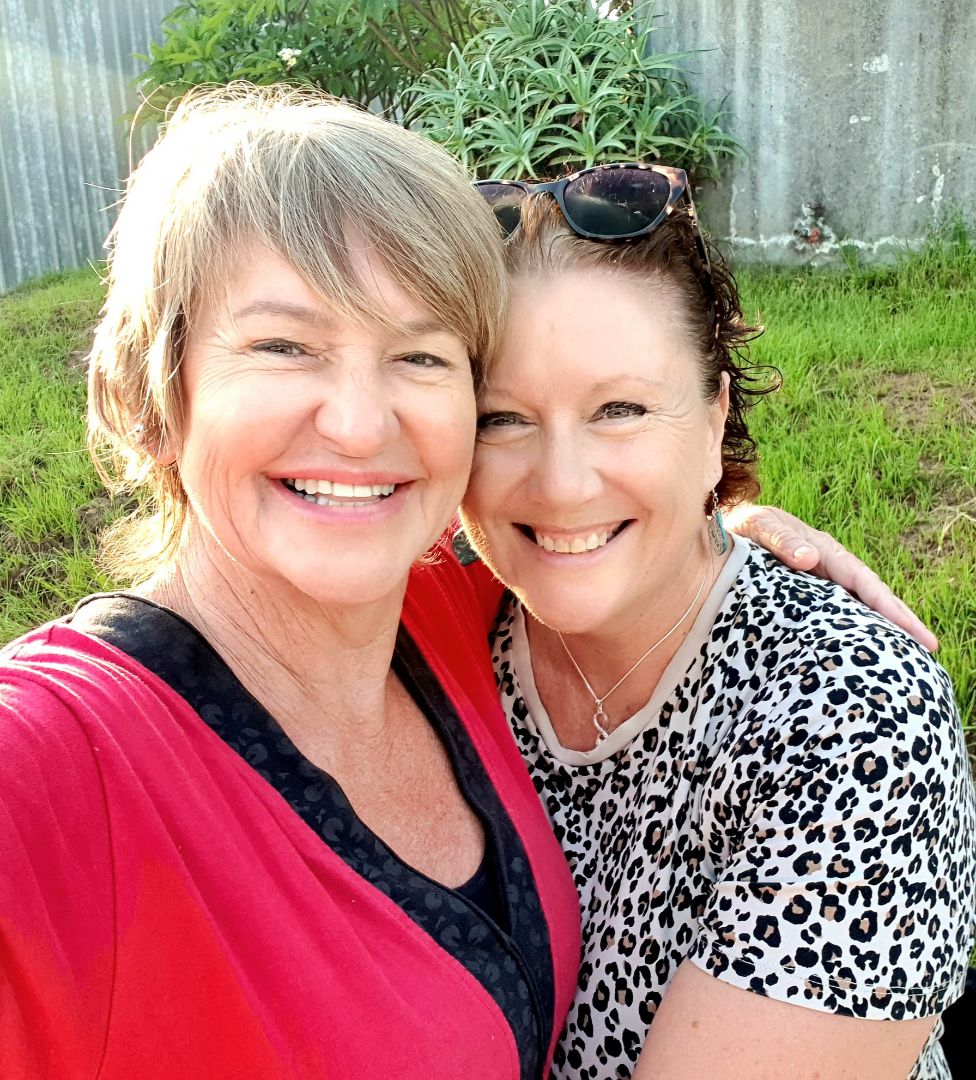
Friendship Endures the Toughest of Times
By Jess Rouse
Tracy Chapman met Kathleen Folbigg in the 1980s when they were at Kotara High in Newcastle.
The friends lost touch after school; Tracy moved away, and Kathleen eventually settled in Singleton.
But Tracy contacted Kathleen when she was convicted of the murder of her four children.
Kathleen was sentenced to 40 years’ imprisonment in 2003 and Tracy spent the better part of the past 20 years doing nothing but fighting for her friend’s freedom believing, like Kathleen, that she was innocent.
In June 2023, Kathleen was pardoned and released from prison.
After speaking on the phone every day for more than 20 years, Tracy said they’re still pinching themselves.
“It’s still surreal that she’s there, we still find ourselves looking at each other and smiling and laughing.
“I only got 40 minutes’ notice that she was getting released, so I was beside myself.
“Kath got less than an hour’s notice, too. She got told to go up to the Governor’s office and she’s thinking ‘oh no, what have I done’. Kath thought she was in trouble but instead she’s told to read a document that says she has an unconditional pardon, and she couldn’t believe it.”
Before they knew it, the friends were hugging each other in Tracy’s driveway.
“When we came up to the house it was just surreal.
“And then she said, ‘I’d really like a cuppa’ so she made a cuppa and was at the sink laughing so I picked up the camera because that was the first time, I’d heard her really laughing and I said, ‘what’s up’ and she said ‘real cup! Real spoon, first time in 20 years!’”
The transition back to normality was always going to be tough, but it was made even harder by what Tracy believes is a lack of a “trauma-informed system”.
“The 100-point ID that she had in gaol is supposed to be good enough to go to Centrelink.
“You’re supposed to be able to take it to the bank and get a new account, anywhere, but Centrelink doesn’t even recognise it.
“You hear stories about people reoffending to get back inside where it’s easier. We need to do better, it’s not a trauma informed system and it’s not empathetic or respectful.”
The final report into the inquiry was released in November with the recommendation the case go to the NSW Court of Criminal Appeal to try and have Kathleen’s convictions quashed.
On December 14 last year, Justice Andrew Bell overturned all of Kathleen’s convictions.
In a statement at the time, Kathleen said that for almost a quarter of a century, she faced disbelief and hostility.
“I suffered abuse in all its forms. I hoped and prayed that one day I would be able to stand here with my name cleared. I hope that no one else will ever have to suffer what I suffered.”
Despite that, Kathleen believes she’s one of the lucky ones.
“I have a chance, with support, to rebuild my life. But there are many other people who aren’t so lucky. We need to be humble and open to improving the system to ensure truth is revealed because truth and the correct legal outcomes matter.”
Next for Kathleen is possible compensation from the NSW Government, but even before that Tracy said Kathleen has a lot of her own private battles to face.
“Kath is really institutionalised. Everyone sees her as this smiling, happy person. But that’s not what I see. I see a complex, traumatised person that struggles with everyday stuff. I look at her when she goes over in the late afternoon and closes the timber gate and locks the door behind her and closes all the blinds.
“She can’t be around large amounts of people for a long time, she just dissociates and wants to get out of there, so these are things we must unravel from the last 25 years.
“Luckily we’ve got practitioners on board now to help her with everything.”
Now she has her best friend back, Tracy plans to stay right by her side.
